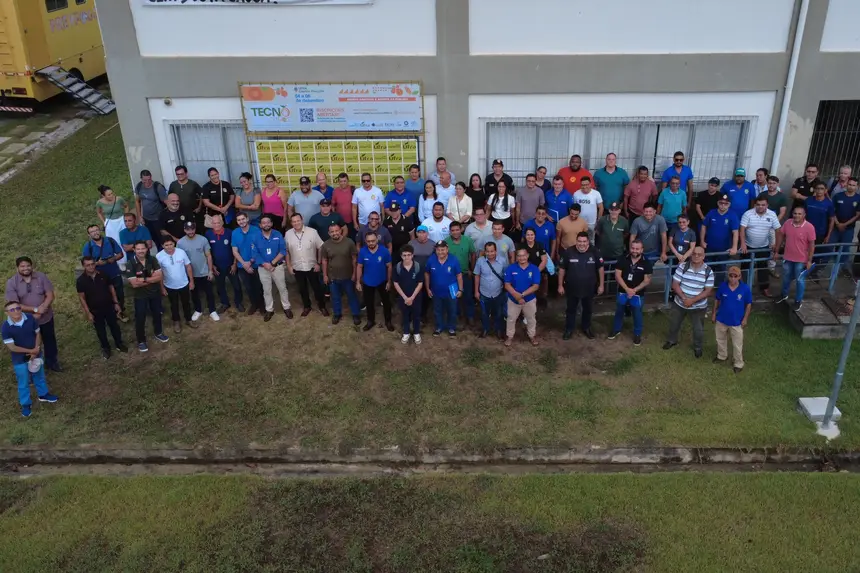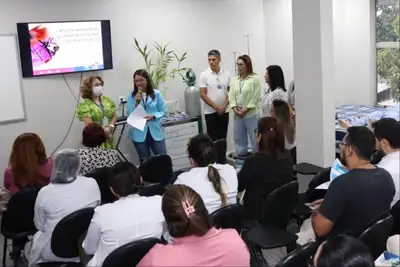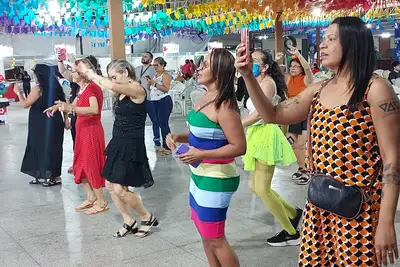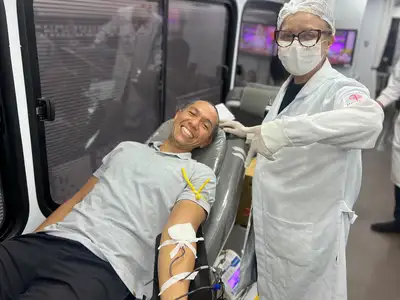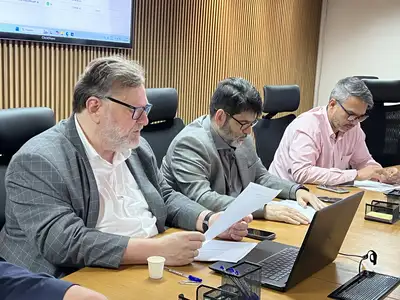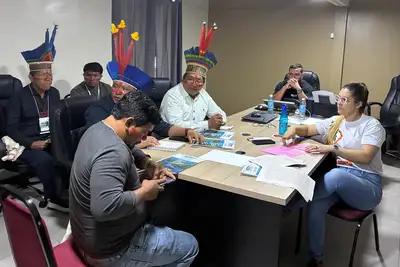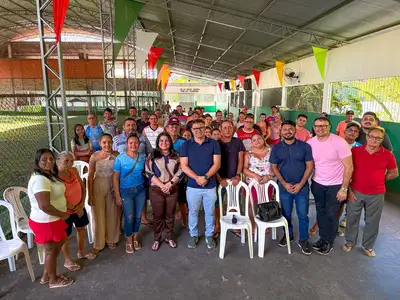Adepará and Mapa conduct training for technicians working to combat the Caribbean fruit fly
The activity brought together 90 participants from eleven regional offices of the Defense Agency.
The main orange-producing hub in Pará, the municipality of Capitão Poço, in northeastern Pará, hosted this week the second training of 2025 aimed at technicians working in monitoring and combating the Caribbean fruit fly in the regions of Marajó, northeastern Pará, and Transamazonian.
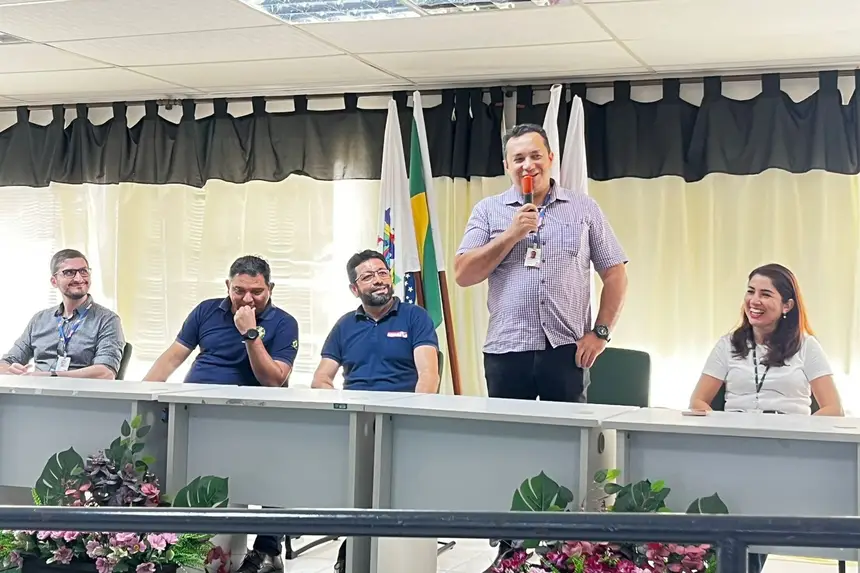
The update is part of the joint efforts of the Agricultural Defense Agency of the State of Pará (Adepará) and the Ministry of Agriculture and Livestock (Mapa) to strengthen plant defense actions and ensure the phytosanitary quality of fruit production in the State.
Situation of the pest in the country and new guidelines
Among the topics presented, the national overview of the pest, presented by Mapa tax auditors, stood out. The head of the Inspection and Supervision Service of Plant Health Inputs of the Federal Superintendency of Agriculture in Pará (SFA/PA), Wagner Xavier, detailed the Pest Monitoring and Control Manual, presented the national monitoring panel, and explained the updated regulations that incorporate new technologies into the program.
According to the federal agricultural tax auditor, the training also aims to standardize procedures and increase team participation. "The meetings in the regional offices of Santarém, Capitão Poço, and Marabá aim to involve the technicians who work directly in monitoring and combating the pest. The updates to the regulations are essential to standardize the work, facilitate marketing, and ensure the export of the State's products," he emphasized.
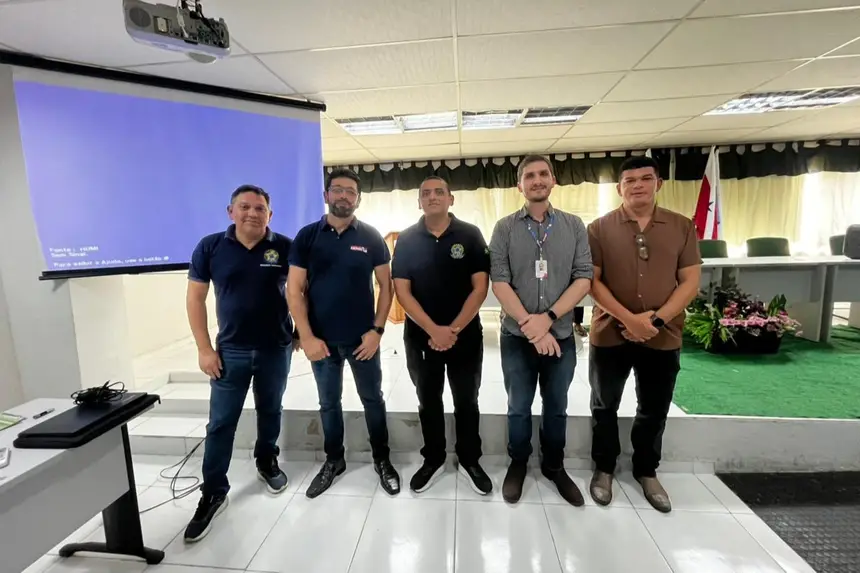
He also recalled that the success of Brazilian fruit growing in the external market also depends on this work. "Pará maintains open markets thanks to constant monitoring. The export of mango, grapes, and oranges in the country as a whole also relies on the actions carried out here in the North," he stressed.
Monitoring results in Pará
The manager of the state program for the eradication of the fruit fly, agricultural inspector Adalberto Tavares, presented the results of the actions developed in the State, recently recognized as one of the best agricultural practices in Pará. According to him, the meeting brought together representatives from eleven Regional Management Offices and 50 Local Offices, totaling 90 employees.
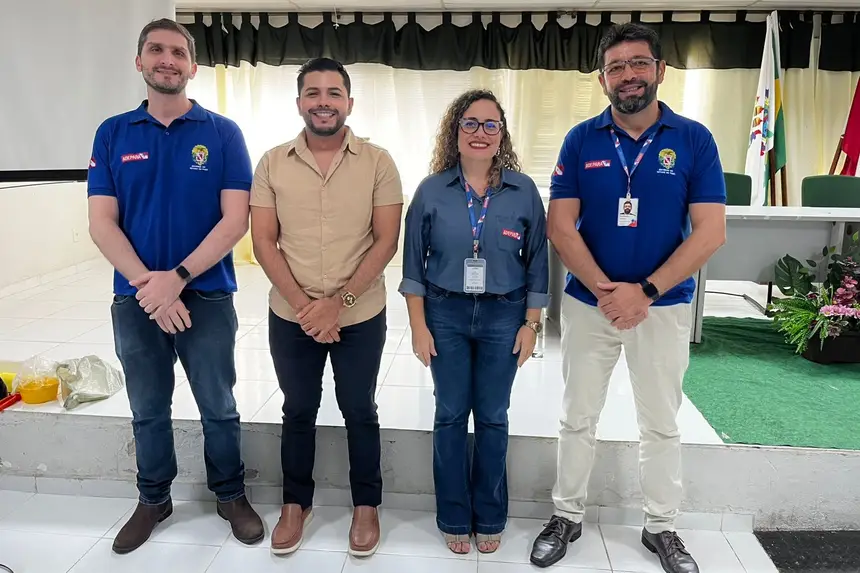
“The objective was to align guidelines, review technical standards, and update the teams on the legislation of the National Program for the Eradication of the Caribbean Fruit Fly (PNEMC). This moment strengthens the standardization and efficiency of agricultural defense activities,” he stated.
Climate change and pest dispersion
The impact of climate on the dispersion of the Caribbean fruit fly was also discussed. Agronomist and agricultural inspector of Adepará, Vandeilson Belfort Moura, presented his doctoral thesis entitled “Effectiveness of Phytosanitary Control Measures on the Declining Population of the Caribbean Fruit Fly (Bactrocera carambolae) under the Climatic Conditions of Eastern Amazon.” The study analyzes the focus recorded in Oriximiná and the effects of climate change on the behavior of the pest.
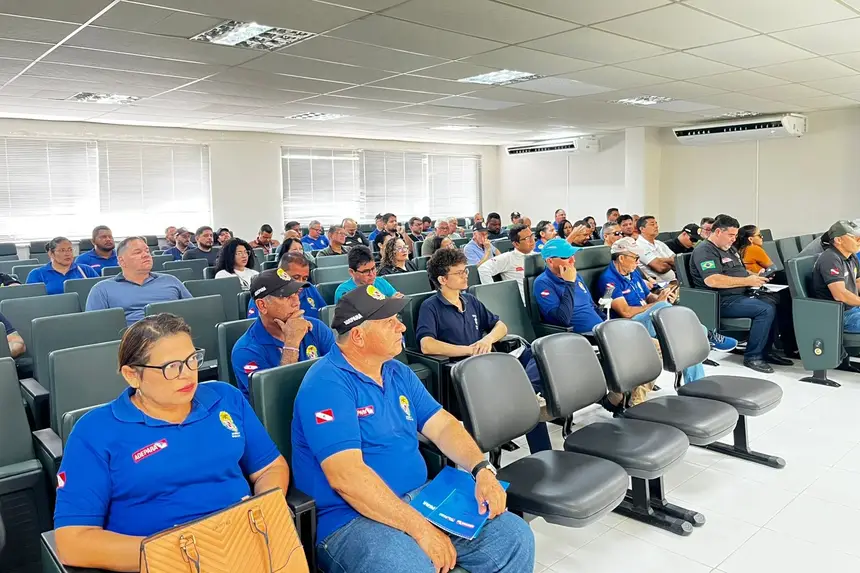
“We are experiencing a climate and phytosanitary emergency. Fruit growing is highly sensitive to climate, and we have already observed changes in the epidemiology of diseases due to global warming,” he explained.
Sanitary education and new methodologies
Sanitary education as an essential strategy to engage producers and communities was the theme of the lecture by agricultural inspector Gabriela Cunha, who works in the Sanitary Education Management of Adepará. Entitled “The Invisible Frontier: how Sanitary Education supports the phytosanitary defense system against the Caribbean Fruit Fly,” the lecture highlighted the importance of participatory methodologies to raise awareness.
New monitoring tools
The Directorate of Plant Defense and Inspection also presented the new Digital Spreadsheet that will be used to record monitoring data. Josivan Tenório, from the administrative area of the Defense Agency, demonstrated the tool and answered participants' questions.
After events in Santarém and Capitão Poço, the next technical meeting will be held in Marabá, covering the southern and southeastern regions of the State.
Maintenance of Citrus Hubs
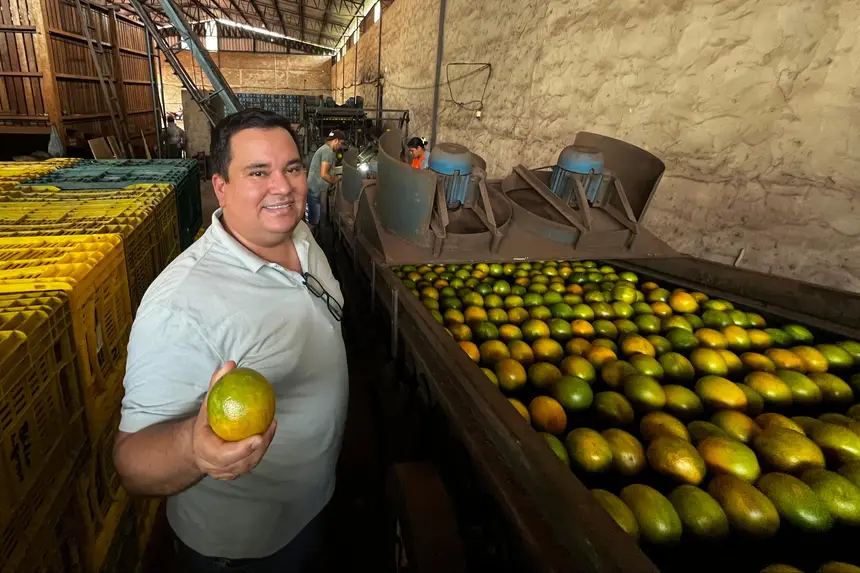
Pará is the seventh largest orange producer in the country. In Capitão Poço alone, there are 19 thousand hectares of planted area. The citrus hub in the northeastern region also includes the municipalities of Irituia, Ourém, Garrafão do Norte, and Nova Esperança do Piriá.
The Caribbean fruit fly is present in the states of Amapá, Pará, and Roraima. In Pará, it is under official control in Monte Dourado (Almeirim).
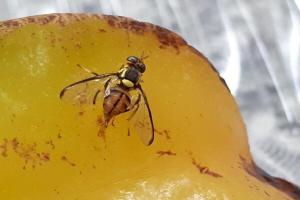
The director of Plant Defense and Inspection of Adepará, Lucionila Pimentel, reinforced the importance of the work being carried out. "The presence of the pest in this region directly impacts the citrus hub of Capitão Poço. Every monitoring action is essential to maintain the local economy," she emphasized.
In the municipality of Capitão Poço, citrus fruits drive the economy. In the packing houses, oranges undergo washing, polishing, grading, and packaging processes, ensuring a hygienized and standardized product for the consumer.
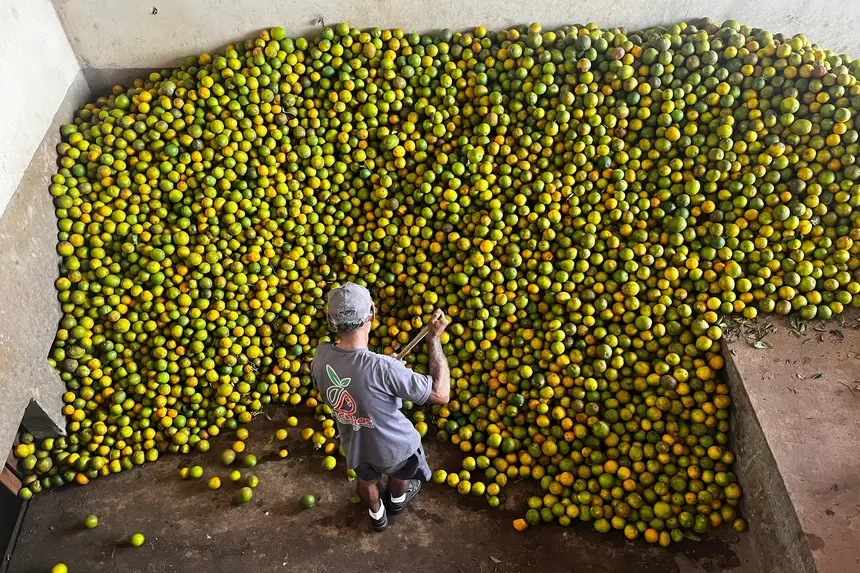
“Table oranges need this hygiene process. It is a market requirement and also a consumer expectation for a product with these characteristics,” explained the agricultural tax inspector from the Capitão Poço Regional Office, Roosevelt Olortegui.



